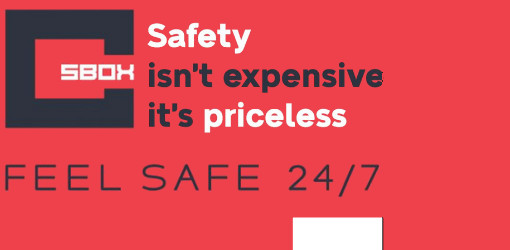EU - Tourism: Council and Parliament reach a deal to bring more transparency to short-term accommodation rentals
EU - Tourism / As part of the ongoing efforts to promote a balanced tourism ecosystem within the EU, the Council and the European Parliament today reached a provisional agreement on a draft regulation on data collection and sharing for short-term accommodation rental services.

EU - Tourism / As part of the ongoing efforts to promote a balanced tourism ecosystem within the EU, the Council and the European Parliament today reached a provisional agreement on a draft regulation on data collection and sharing for short-term accommodation rental services.
Everybody wins with today’s deal. The new regulation creates a single and easy set of information rules for the platforms and facilitates registration procedures for hosts. More transparency will enhance trust for travellers and help authorities design better tourism policies, to ensure social and environmental sustainability, while helping to control illegal activity.
Simpler, harmonised system of data collection
The proposal for a regulation aims at enhancing transparency in the field of short-term accommodation rentals and helping public authorities regulate this increasingly important part of the tourism sector. The development of online services and the cooperative economy has boosted rentals of rooms and residences for short periods of time, often via online platforms. While short-term accommodation bookings offer benefits for hosts and tourists alike, they can be a cause for concern for some local communities struggling with a lack of affordable housing, for example.
The new rules introduce harmonised registration requirements for hosts and short-term rental properties, including the granting of a unique registration number to be displayed on property websites, aimed at improving the collection and sharing of data from hosts and online platforms. The data generated will be shared between public administrations across the EU, feeding into tourism statistics and allowing administrations to fight against illegal offer. Overall, this will contribute to a more sustainable tourism ecosystem which supports its digital transition.
Main elements of the compromise
The provisional agreement supports the main objectives of the regulation but introduces a number of improvements. The co-legislators have agreed to align the new regulation with the relevant provisions of the Digital Services Act and the Services Directive.
Platforms will be required to transmit activity data to the public authorities on a monthly basis. Small and micro online short-term rental platforms will transmit the activity every three months.
Member states will create Single Digital Entry Points for the seamless collection and exchange of information. They will be interoperable and will guarantee data protection.
The new regulation should apply 24 months after its entry into force.
Next steps
The provisional agreement reached with the European Parliament now needs to be endorsed and formally adopted by both institutions.
Background
The rental of apartments, houses or rooms for short periods of time has become a common form of accommodation for tourists and travellers. Online platforms have boosted the use of these services, which currently amount to nearly one quarter of total tourist accommodation in the EU. Some member states have implemented systems of registration that differ in scope, the requirements to be submitted by the hosts or the online platforms, and the level of administration at which registration is managed (national, regional or local).
On 7 November 2022, the Commission published its proposed regulation on short-term accommodation rental services. The proposal, for which the Council and the European Parliament have today reached an agreement in principle, is limited to the creation of an easy-to-use registration system with common provisions for establishing registration procedures and is not intended to regulate access to the market on these activities.







![The Biggest Travel Trends of 2026 [CNTraveler]](https://static.mykonosticker.com/uploads/images/2026/01/image_705x436_695ead4553384.jpg)







![The Biggest Travel Trends of 2026 [CNTraveler]](https://static.mykonosticker.com/uploads/images/2026/01/image_140x98_695ead4568994.jpg)






